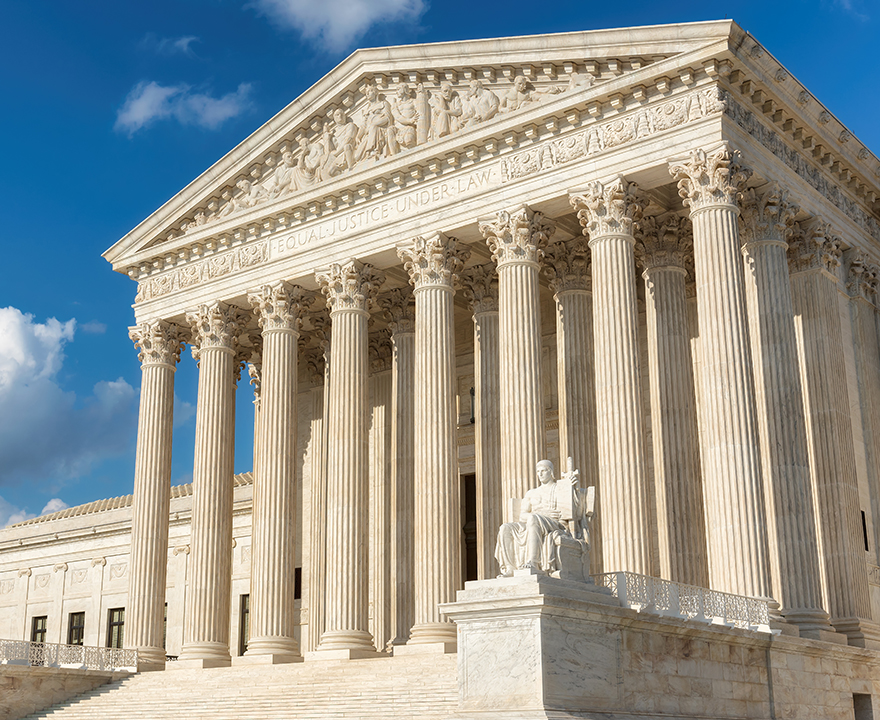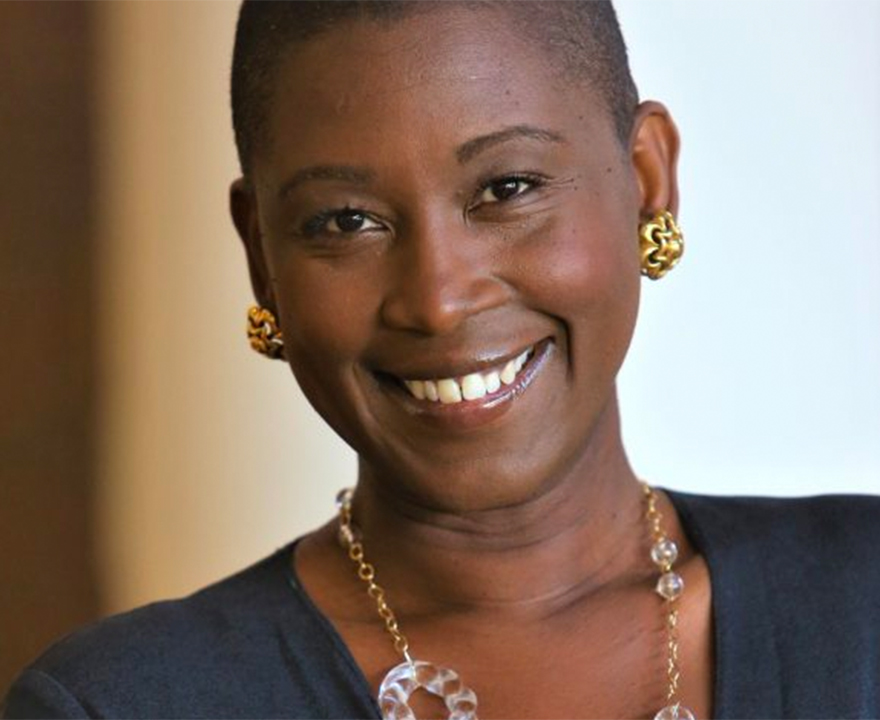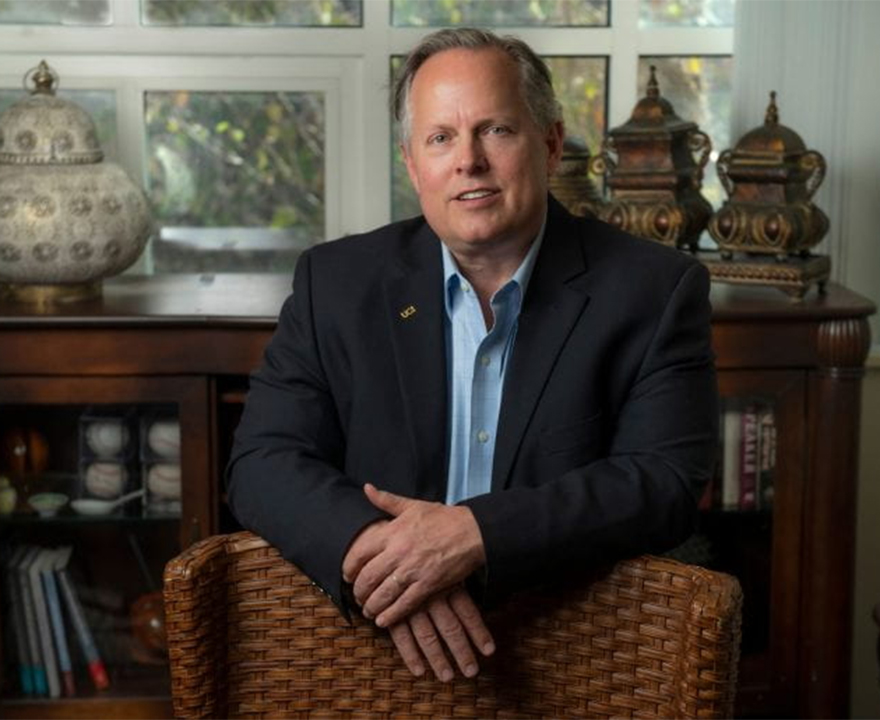What end of Roe v. Wade means for U.S.

What end of Roe v. Wade means for U.S.
- July 20, 2022
- Four UCI experts discuss a key ruling in the latest Supreme Court term
-----
On June 24, the U.S. Supreme Court made a landmark decision in a case called Dobbs v. Jackson Women’s Health Organization holding that the U.S. Constitution does not confer a right to abortion, overruling both Roe v. Wade (1973) and Planned Parenthood v. Casey (1992). As a result, abortion rights and restrictions will now be defined at the state level.
We asked four UCI faculty members to share their expertise on the ruling and forecast what it could mean for the legal rights of American citizens.
 Michele Bratcher Goodwin, Chancellor’s Professor of law and director of the Center for Biotechnology and Global
Health Policy
Michele Bratcher Goodwin, Chancellor’s Professor of law and director of the Center for Biotechnology and Global
Health Policy
Topic: A turning point for the U.S.
Our nation is at a critical juncture – one not unlike pivotal moments in which principles of equality and a commitment to the rule of law were at stake. Future generations will look back on these times as a turning point in American law and society.
This Supreme Court term reveals the vulnerability of our Constitution to misapplication and misinterpretation and the fallibility of our institutions. What the Supreme Court term means going forward is an unequal society for women, who make up more than half the U.S. population. It means the materialization of the new “Jane Crow,” whereby women will be subjected to heightened surveillance, profiling and unjust laws that interfere with their privacy, autonomy, independence and freedom.
To place the Supreme Court’s decision in Dobbs v. Jackson Women’s Health Organization in context, given the alarming rate of maternal mortality in the United States, which exceeds that of all other industrialized nations, it will undoubtedly lead to preventable deaths and harm to girls and women. Equally concerning, the decision foreshadows attacks on other areas of personal intimacy and privacy, including contraceptive access, and may motivate or trigger laws that harm LGBTQ+ communities.
These times reveal the urgent need for federal action to protect and prioritize the lives of girls, women, LGBTQ+ communities, individuals with disabilities and marginalized people, as well as the need to move toward a third Reconstruction.
 David S. Meyer, professor of sociology
David S. Meyer, professor of sociology
Topic: The activation of activism
The Dobbs v. Jackson Women’s Health Organization decision will unleash a political whirlwind, with increased activism on both sides of the issue. Remember: Although Roe v. Wade was at the center of much political unrest over the past half-century, abortion was legal and relatively accessible in most places. The Dobbs ruling, by allowing states to regulate or even ban a basic medical procedure, has raised the stakes for everyone.
Anti-abortion activists will fill the political process at the state level, pressing for extremely restrictive policies in states where they enjoy influence. They will face Republican elected officials, who could previously campaign by railing against abortion but had largely been spared from doing anything about it. Now, to maintain support, those politicians will have to deliver on abortion bans and punishments for those involved in providing abortions – extremely unpopular positions. In the streets, armed right-wing groups have been reported at abortion rights demonstrations – apparently to provoke and engage the protesters. This means more discontent, disruption and even danger.
Meanwhile, reproductive rights activists will have to work harder and do more to protect access to abortion. In supportive states, such as California, this means engaging the political process, pushing for legislative initiatives and guarantees. But elsewhere, this will also mean building networks that help people evade restrictive laws – an Underground Railroad of sorts – just as reproductive rights activists did before Roe v. Wade. And there will be protests too, like the demonstration outside a restaurant where Justice Brett Kavanaugh was dining. It’s not a moment for civility.
Both sides will be engaging politicians who can now do something meaningful, demanding action. They’re likely to be engaging each other as well on an issue that neither side sees as amenable to compromise. The resulting politics, in institutions and in the streets, are going to be painful for everyone involved – and maybe dangerous.
 Mary McThomas, associate professor of political science
Mary McThomas, associate professor of political science
Topic: The future lies in our nation’s past
When the Supreme Court declared a constitutional right to privacy in Griswold v. Connecticut (1965), it did so despite the fact that it never appears in the Constitution. The justices argued that privacy is so central to human freedom and liberty that, regardless of constitutional text, it’s widely understood to be a fundamental right. As in other liberty-based cases, the court relied on the idea that a right is self-evident if it has a basis in our nation’s shared history and traditions – that is, privacy has generally been accepted as something deserving of protection.
It was exactly this reliance on shared history that the Dobbs v. Jackson Women’s Health Organization majority used to overturn Roe v. Wade. In their retelling of history, there are many more examples of abortion being outlawed than permitted. Without a basis in shared history and traditions, they argue, such a right does not warrant constitutional protection. As a result, they found that the rights of states to regulate abortion should be given greater weight than the now-unprotected right of a woman to choose.
The majority decision assures us that their finding is limited to abortion and will not affect other liberty-based rights. However, the underlying reliance on shared history and traditions does, in fact, threaten other protections regarding the ability to make intimate decisions. As the dissenting opinion warns us, any right that has not been recognized throughout history – such as same-sex marriage – is no longer secure.
Whether such a rolling back of rights occurs is yet to be seen. What is clear is that the current Supreme Court has no problem with relying on a history in which women had fewer rights. In doing so, they privilege states’ rights to police private decisions over the health, autonomy and liberty of women.
 Charles Anthony Smith, professor of political science and law
Charles Anthony Smith, professor of political science and law
Topic: The intersection of power and policy preferences
In overturning Roe v. Wade, this very conservative coalition has decided to replace legal reasoning and judicial incrementalism with the blunt exercise of raw power.
If we are to take Justice Clarence Thomas at his word, the elimination of reproductive freedom is just the first step, as he opined that the court should revisit the other privacy-based decisions, including those about contraception, noncommercial private sexual relations between adults and marriage equality.
Notably, Thomas omitted any reference to Loving v. Virginia (1967), which ended the ban on interracial marriage, despite the ruling resting on the same rationale as the cases he specifically identified. In a real sense, this is the culmination of the fraud of originalism that arose as a theory of constitutional interpretation in response to the civil rights movement.
The simultaneous expansion of a virtually unlimited right to weapons, well beyond anything the framers of the Constitution could have imagined, while contracting the right to be left alone is a stark demonstration that these decisions are nothing more than the imposed policy preferences of a minority of elites who are in power because of structural inequality and the systematic disenfranchisement of wide swaths of the public.
Indeed, the history of abortion prohibitions contained in Justice Samuel Alito’s opinion starts roughly 100 years after the Constitution was adopted, apparently because the anti-choice justices do not know – or do not want to admit – that abortion was mostly legal across the newly formed country. It remains to be seen whether this widely and wildly unpopular ruling will spur voter turnout this fall.
-Cara Capuano, UCI
-----
Would you like to get more involved with the social sciences? Email us at communications@socsci.uci.edu to connect.
Share on:
Related News Items
- Careet RightHeightened sense of urgency around this 'No Kings Day'
- Careet RightOrganizers expect 'No Kings' protests in Chicago to be fueled by rising anger toward Donald Trump
- Careet RightDo protests like No Kings still matter? Here's what experts say
- Careet RightGovernor Newsom's team follows mimicking posts with opening an online store
- Careet RightThe launch of Governor Newsom's online merchandise store


